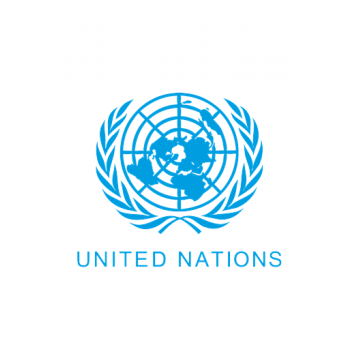Egypt rejects UN resolution obligating the state to protect its citizens from crimes against humanity
Egypt’s vote to reject a UN resolution obligating the state to protect its citizens from crimes against humanity raised many questions about the Egyptian authorities’ policy in dealing with citizens.
Activists on social media were surprised and booed after the Egyptian vote. Activists asked why the Sisi regime refuses any international legal obligation to protect people from brutal crimes.
The United Nations General Assembly adopted a resolution obligating states to protect citizens and prevent genocide, war crimes, ethnic cleansing, and crimes against humanity. Egypt voted to reject the resolution, along with 14 other countries, while the Egyptian Foreign Ministry remained silent and did not explain its reprehensible position. One hundred fifteen countries approved the draft resolution, while 15 countries voted against it, including Egypt, Ethiopia, Belarus, and China. Twenty-eight countries abstained, including Sudan, and 35 others did not vote.
A statement by the International Centre for the Responsibility to Protect said it was the fourth formal discussion, and it provided an important opportunity for United Nations members to assess efforts to prevent or stop mass atrocity crimes. It noted that 59 member states of the United Nations and the European Union spoke on behalf of 88 countries during the UN meeting. He noted that an overwhelming majority of countries voted in favour of the historic resolution, the first in the General Assembly since 2009.
The United Nations’ members decided to include the responsibility to protect in the annual agenda of the General Assembly and formally requested that the secretary-general submit annual reports on this subject. The Egyptian vote against the UN resolution comes in light of the horrific violations committed by the Egyptian authorities against its citizens since the military coup. Egypt has a shocking reputation for human rights abuses.





Recent Comments